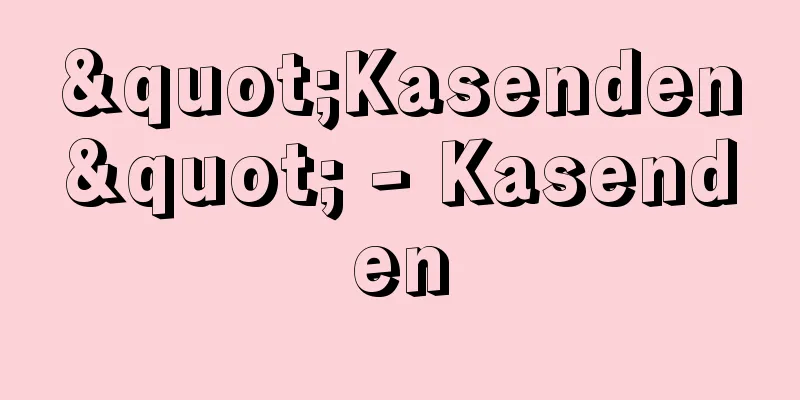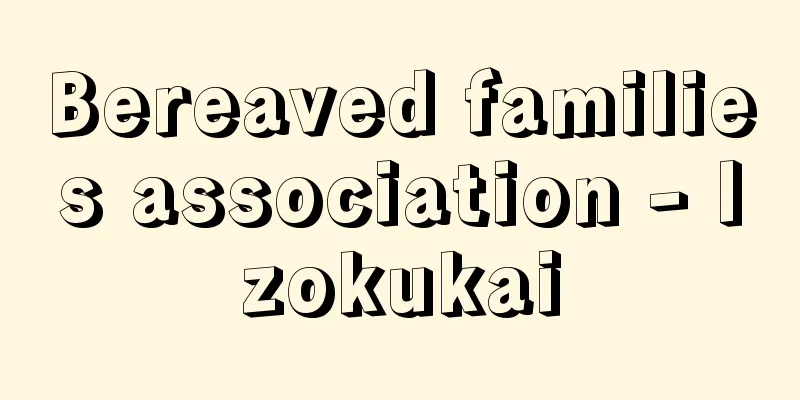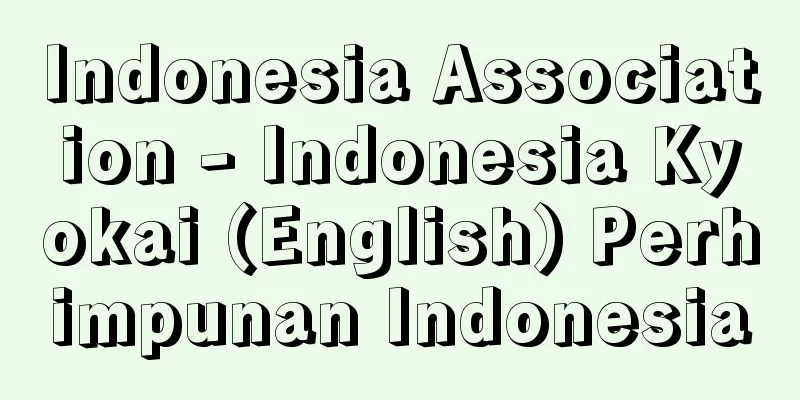Management

|
Management is a function or method of combining various human and material elements appropriately and controlling and directing their actions and operations in order to effectively achieve a certain purpose. Its core function is coordination, but when the subject is a group of people, it is often expressed as leadership, and when it is a material resource, it is often expressed as control. There are several stages in the scope of management functions. The lowest level is preservation or maintaining the status quo, which refers to actions that do not change the current state or nature of an object or right, such as "management" acts under private law. The highest level is coordination, which includes setting or changing objectives, which is a broad interpretation of management related to the operation of a system. The range between these two is the most general management, which assumes a manager who is distinct from a manager, or defines administrative "management acts" for politics, and in this case, setting objectives is excluded and includes operations beyond maintaining the status quo. When the system to be managed is simple and small-scale, management does not pose much of a problem, and the manager (management body) can be a non-professional. Examples of non-professional management include the many hereditary managers and investment managers in small and medium-sized enterprises, and academics becoming university presidents. However, when the system becomes large-scale and complex and the environment becomes turbulent, the importance of management increases, the functions of management itself become differentiated, management techniques develop, and management experts appear. While the essence of management remains coordination, in order to maintain its effectiveness in changed situations, it becomes necessary to rationalize and scientificate management. There are two ways of thinking that develop such rationalization and scientification of management: organizational thinking and quantitative thinking. The former refers to systematically and orderly consideration of all factors related to management (purpose, subject, target, action, etc.), and the latter refers to displaying and weighing all factors through calculations. It is also important to attempt to grasp and develop management as a process while relating these two ways of thinking. The most representative approach regards management as a cyclical process consisting of three functions: planning, organization, and control. A plan is a schedule of activities based on a purpose, and acts from before to during the activities. An organization is a mechanism for implementing a plan into activities and for effectively achieving the purpose through the activities. Control refers to comparing the plan with the actual results of activities, identifying the cause of the difference, taking corrective measures as necessary, and feeding back the results to the next plan, and acts from during to after the activities. In reality, the two processes overlap, but management can basically be seen as being carried out through a repetitive cyclical activity of planning → organization → control. This process is called the management cycle. It makes it possible to set plans that are based on the actual situation and to ensure that activities are implemented in a planned and organized manner. Various management techniques have been developed in accordance with the core functions, basic thinking, and partial functions mentioned above. For leadership, there are theories and techniques for leadership, and for control, there are theories and techniques for information and communication. Planning involves two basic thinking, and planning techniques have been developed for forecasting, designing alternatives, and selecting from among alternatives. For organizations, many management techniques are based mainly on organizational thinking, and are embodied in organizational design, human resources, and information systems. For control, many management techniques are based mainly on quantitative thinking, and are embodied in calculation, comparison, analysis, audit, and evaluation. In large-scale systems, management systems are formed that combine subjects, objects, and technologies, and are often organized by object elements, subject hierarchies, activity processes, and activity spaces (for example, by region). Today is also called a managed society, and management exists for all levels and objects, such as managed trade, managed prices, and small group management. The problem is that care must be taken to ensure that management systems do not become detached from humans and become human-free. [Mitsuo Morimoto] [References] | | | | |©Shogakukan "> Management cycle (the circular process of management) Source: Shogakukan Encyclopedia Nipponica About Encyclopedia Nipponica Information | Legend |
|
一定の目的を効果的に実現するために、人的・物的諸要素を適切に結合し、その作用・運営を操作・指導する機能もしくは方法を、管理あるいはマネジメントmanagementという。その中核的機能は調整であるが、対象が人的集団であるときはリーダーシップ(指導性)に、またそれが物的資源であるときはコントロール(制御)と表現されることが多い。管理機能の範囲にはいくつかの段階がある。最低水準の範囲は、保存ないし現状維持であり、私法上の「管理」行為のように、物または権利の現状や性質を変更しない行為をさす場合がこれである。最高水準の範囲は、目的の設定ないし変更をも含む調整であり、システムの運営に関する管理を広義に解する場合がこれである。この両者の中間の範囲がもっとも一般的な管理であり、経営者と区別した管理者を想定する、あるいは政治に対する行政上の「管理行為」を定めるなどはこれであり、この場合は、目的の設定は除かれ、現状維持以上の操作が含まれる。 管理すべきシステムが単純で小規模な場合には、管理はそれほど問題をもたず、管理者(管理主体)は非専門家でよい。中小企業で世襲経営者や出資経営者が多かったり、大学で学者が学長になるなどは、非専門家管理の例である。しかし、システムが大規模・複雑化し、環境が激動するようになると、管理の重要性は高まり、管理そのものの機能分化が生じ、管理技術が発達して、管理専門家が出現するようになる。管理が調整を本質とすることに変わりはないが、変化した状況のなかで管理の有効性を保つために、管理の合理化・科学化が必要になる。このような管理の合理化・科学化を展開する思考には、組織的思考と計数的思考の二つがある。前者は、管理に関連するすべての要因(目的、主体、対象、行動など)を体系的・秩序的に配慮することをいい、後者は同じくすべての要因を計数によって表示・秤量(ひょうりょう)することをいう。このような二つの思考に関連させながら、管理を一つの過程としてとらえ、展開する試みも重要である。そのもっとも代表的なものは、管理を計画、組織、統制の3部分機能からなる循環過程としてとらえるものである。計画は目的に即した活動予定であり、活動の事前から事中へと作用する。組織は、計画を活動に展開し、活動を通して目的の有効な実現を図る仕組みである。統制は、計画と活動実績とを比較対照し、その差異の原因を解明し、必要に応じて是正措置をとり、かつ実績を次期の計画へフィードバックすることをいい、活動の事中から事後へと作用する。実際には相互に重複しているが、管理は基本的に、計画→組織→統制の反復的循環活動によって営まれているとみることができる。この過程をマネジメント・サイクル(管理の循環過程)とよぶ。これによって、実情に即した計画の設定と、計画的、組織的な実施活動の確保とが可能となる。 各種の管理技術は、これまで述べた中核的機能、基本思考、部分機能に即して発展してきた。指導性についてはリーダーシップの理論と技術が、制御については情報と伝達のそれぞれについて理論と技術がある。計画には二つの基本思考が関係し、予測、代替案設計、代替案のなかからの選択などについて計画技術が発達した。組織には主として組織的思考をもとにした管理技術が多く、組織設計、人事、情報システムなどに具体化されている。統制は主として計数的思考をもとにした管理技術が多く、計算、比較、分析、監査、評価などに具体化されている。大規模なシステムでは、主体、対象、技術などを組み合わせた管理システムが形成され、それらは、対象の要素別、主体の階層別、活動の過程別、同じく活動の空間別(たとえば地域別)などに編成されることが多い。現代は管理社会ともいわれるように、管理貿易、管理価格、小集団管理などあらゆるレベルと対象について管理が存在する。問題は、管理システムが人間から遊離して、人間不在にならないような配慮が払われなければならないことである。 [森本三男] [参照項目] | | | | |©Shogakukan"> マネジメント・サイクル(管理の循環過程… 出典 小学館 日本大百科全書(ニッポニカ)日本大百科全書(ニッポニカ)について 情報 | 凡例 |
Recommend
Hiṣtadrut (English spelling)
…During World War I, he was expelled by the Ottom...
Nymphaeaceae
…Tropical species are kept in greenhouses during ...
All legs - Kaikyakuko
…Extant species are classified into the following...
Plow (English spelling) plough
A farm tool pulled by animals to cultivate land. A...
Otto, J. (English spelling) OttoJ
…Although Gutenberg's later years were unfort...
Senki
A Chinese poet from the mid-Tang Dynasty. His cou...
Couple
〘 noun 〙 (avec meaning "together") 1. A ...
Abbasid Movement
…The fourth caliph, Ali, represented the Hashemit...
Yuan Kang
…15 volumes. Written by Yuan Kang of the Later Ha...
H/B - H/B
…On the other hand, since ship expenses are fixed...
Skill test - Ginoukentei
A system for testing and certifying the level of s...
Winner - Gunbai
It can also be read as "gunpai." In a b...
Kajikawa family
…Products include wood and bamboo, lacquerware, m...
Head brace - Kasarinuki
〘 noun 〙 A horizontal beam used to connect the top...
chrisma
The word 'christening' comes from the Lat...

![Ashinoyu [Hot Spring] - Ashinoyu](/upload/images/67cad3bdacf77.webp)







